The Best Drum Overheads for Studio Recording
Give your drums the space they need.
Capturing a drum kit is a challenge, but with the best drum overheads, your job becomes a lot easier. Let’s check out which mics work best.
In this Article:
The mics you regard as the best drum overheads can shape your drum sound in ways that close miking simply can’t. The main reason for this is that overheads capture the ambience, and when placed correctly, you can find a perfectly balanced drum sound.
Surprisingly, some of the most legendary drum sounds on our favourite recordings were captured with just two mics or even one placed in an ambient configuration. Drums are an extremely high SPL instrument, so there’s a degree of care and research that goes into the process.
The Best Drum Overheads
Whether you use a stereo ORTF, an X/Y, a Mid-Side, a Blumlein, or a Recorderman configuration, your choice will depend on the room, the drummer, the kit, and most importantly, the style of music you’re recording.
In a room with high ceilings, for example, an X/Y pair directly above a Jazz kit can provide a focused sound. This is particularly effective due to its realism and the fact that the drums aren’t occupying a huge part of the stereo field like they would in certain styles of Rock and Metal.
Keep in mind too, that some mics can do far more in your studio than be used exclusively in overhead configurations. Furthermore, it’s important to know the difference between large and small-diaphragm condensers, as well as dynamic moving-coil and ribbon mics.
The Best Drum Overheads: sE Electronics SE8 Stereo Set
Small-diaphragm mics like the sE Electronics SE8 offer an affordable solution for drum overhead microphones. When combined with other close mics on your kick, snare, and toms, you can capture a kit rather nicely on just 8 channels or less.
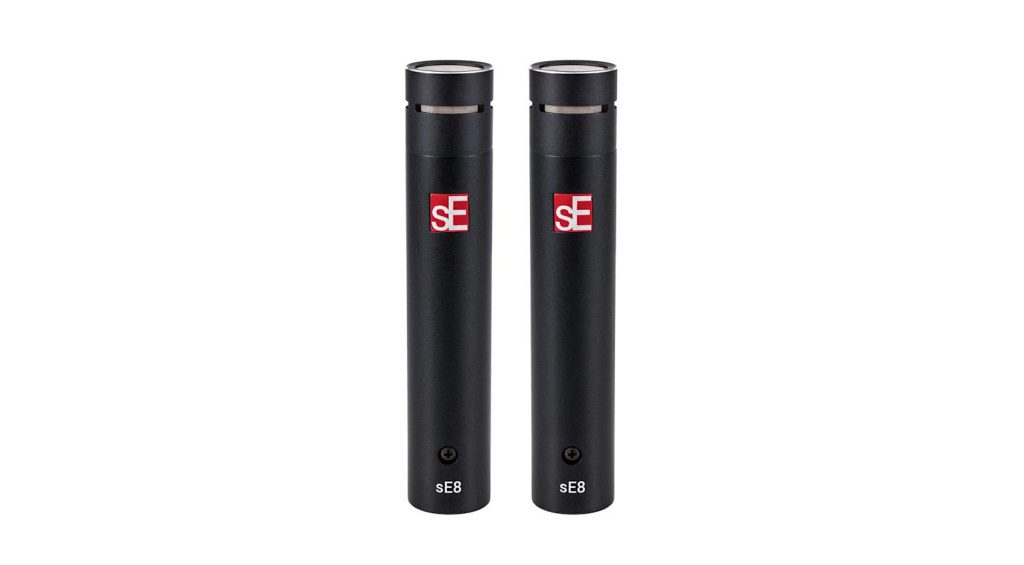
A small diaphragm condenser has an extremely wide frequency range for capturing the details and nuances of a performance. However, this also means it will capture the tonal aspects of a room in its entirety – both good and bad.
For this reason, it’s important to select mics with the right pickup pattern for your room, and the recording techniques you plan on using. Cardioid mics will give you more control, while Omnidirectional mics can capture natural reverb effectively.
- More from sE Electronics

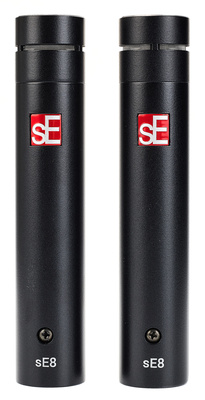
The Best Drum Overheads: Beyerdynamic M 160 (2023 reissue)
If you need to record a drum kit using only one or two mics, the Beyerdynamic M 160 will capture an astounding amount of range and detail. What’s more, its frequency response is well-suited for drum kit and it records the room reflections in a very pleasing way.
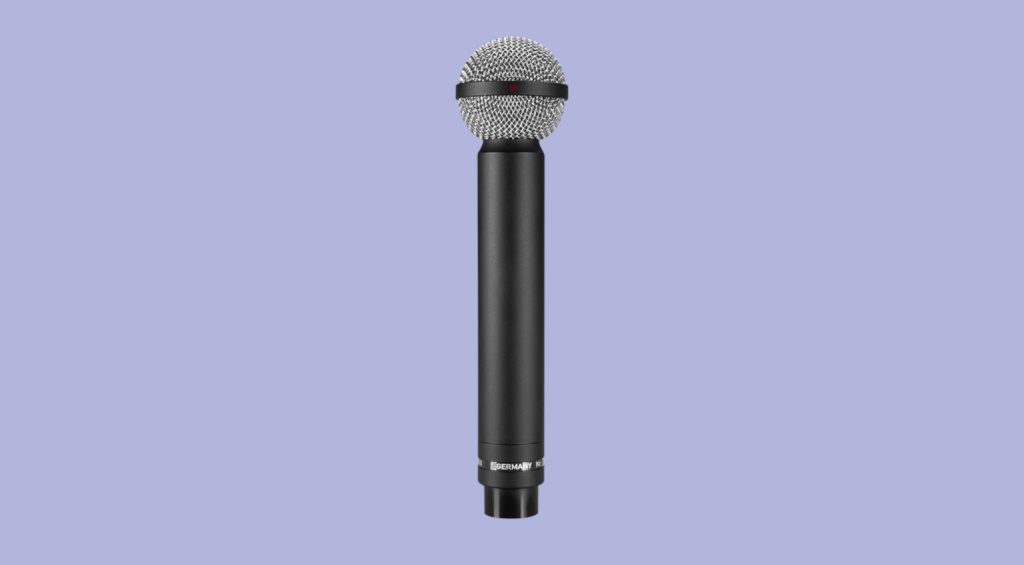
The M 160 is a legendary dynamic double-ribbon microphone with a hypercardioid pickup pattern. This gives it a good degree of off-axis cancellation, and you can push or pull your mic distance according to the loudness of the drummer.
In addition, the M 160 can reduce the overall harshness that is present in untreated rooms. When combined with the M 130 figure-of-eight microphone, you can even use Mid-Side recording techniques. Fun fact: these M 160 mics were used to capture the famous John Bonham drum sound.
- More from Beyerdynamic




The Best Drum Overheads: Neumann KM 184 Stereo Set
When you have a little more budget to play with, the Neumann KM 184 will capture the lively character of drums and percussion instruments with detail. As a rule of thumb though, the more high-end mics are going to demand better acoustic spaces. Of course they’ll need better quality preamps, so keep this in mind.
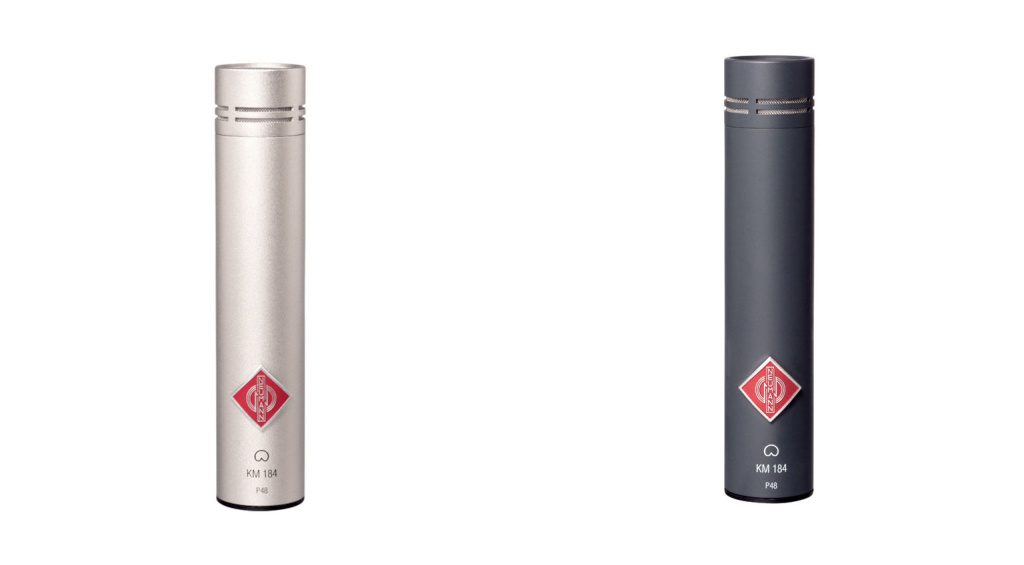
The KM 184 is a cardioid small-diaphragm condenser that you can use in a variety of different stereo configurations. From X/Y and ORTF to NOS and spaced pair techniques, you can use them all on different projects and get great results.
With extremely low self-noise, the KM 184 can capture details in even the quietest passages within Jazz or Classical recordings. What’s more, they are also suitable for capturing strings, choirs, and grand pianos.
- More from Neumann

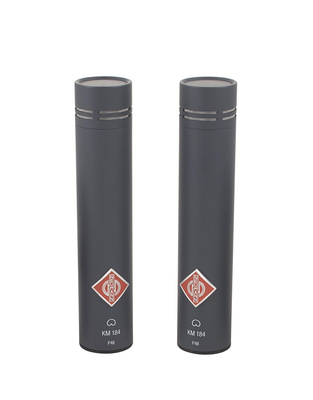

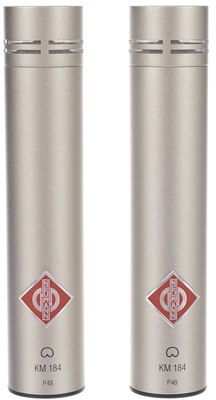
The Best Drum Overheads: AKG C414 XLII Stereo Set
The AKG C414 XLII offers a wide selection of pickup patterns and they capture the tone of a room with astounding detail. With detailed midrange and glistening highs, the C414 XLII can get great results in medium to large spaces at different distances.
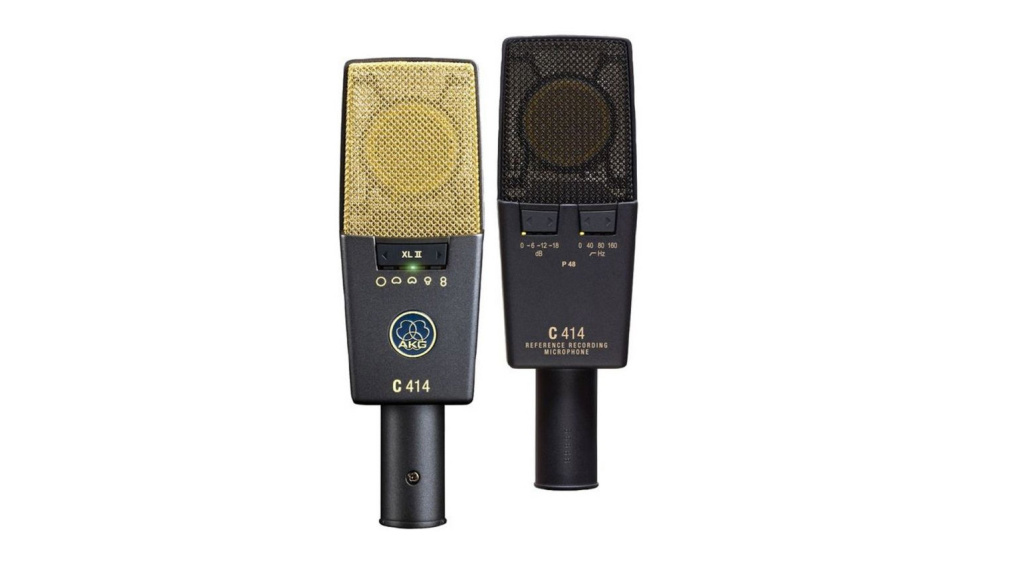
With its different pickup patterns, you can really experiment with different mic techniques and you have the ability to record a more ambient or blended sound. This allows you to take on different drum recording projects in different genres of music.
Possibly the greatest thing about the C414 XLII is that even a beginner using a basic stereo-spaced pair mic technique can achieve good results with the mics set on omnidirectional mode. What’s more, this is also a great mic for vocals, guitars, and more.
- More from AKG

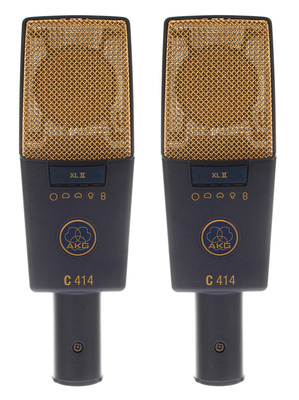
The Best Drum Overheads: Neumann U87 Ai Stereo Set
When you already have the best room, drummer, and drum kit, the only missing ingredient is a pair of Neumann U87 Ai mics. This famous large-diaphragm condenser is renowned for its unbelievable transparency and realism.
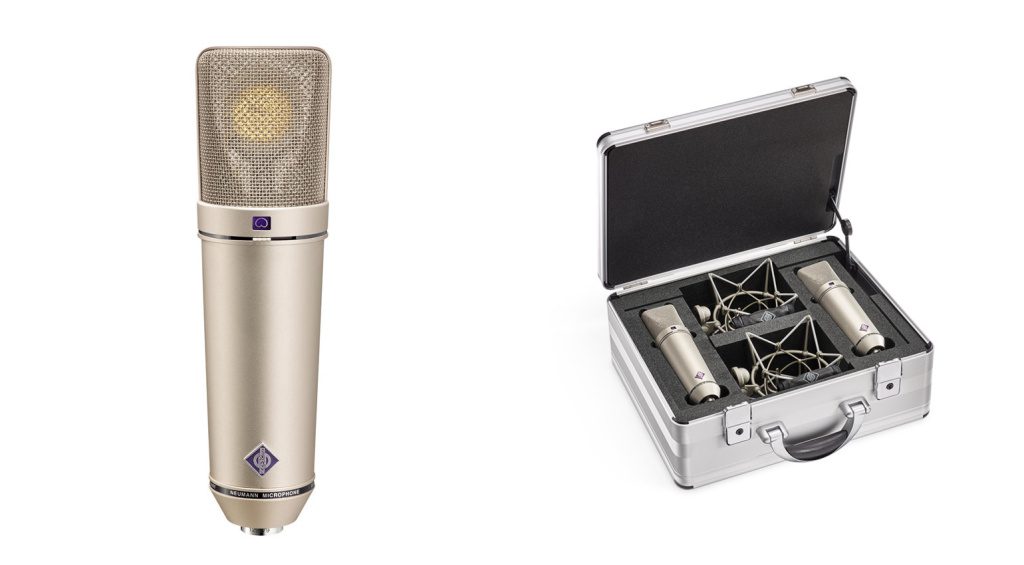
What’s more, the pleasing way it captures high-frequency information sets it apart from most other large-diaphragm condensers, even well above its price range, and it gives you three polar patterns: cardioid, omnidirectional, and figure-of-eight.
For the best results, a professional set of studio mics like this will also require good preamplifiers, so ensure you check out some options before adding them to your mic locker.
- More from Neumann

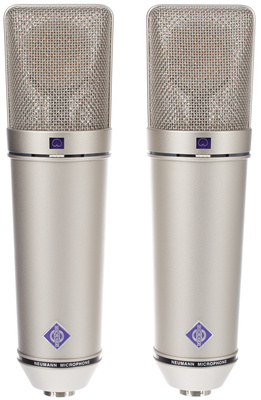

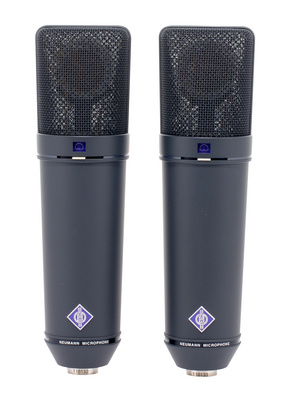
More about the Best Drum Overheads:
- Budget Small-diaphragm Mics
- More Drum Recording Mics
- All about Recording
*Note: This article about the best drum overheads contains promotional links that help us fund our site. Don’t worry: the price for you always stays the same! If you buy something through these links, we will receive a small commission. Thank you for your support!
2 responses to “The Best Drum Overheads for Studio Recording”

 4,2 / 5,0 |
4,2 / 5,0 | 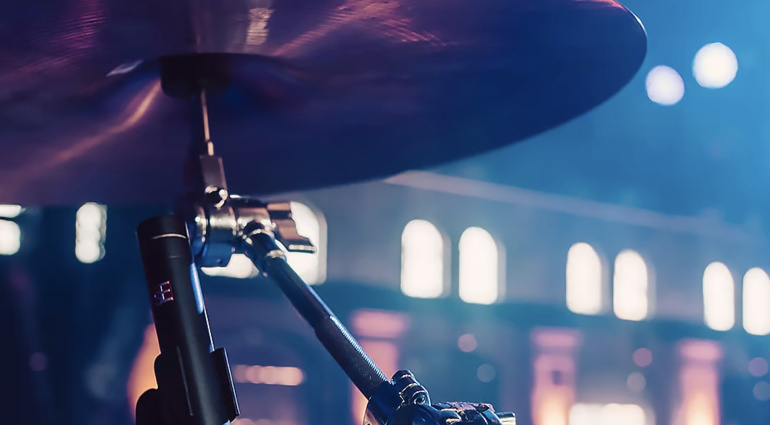


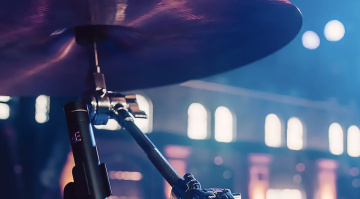

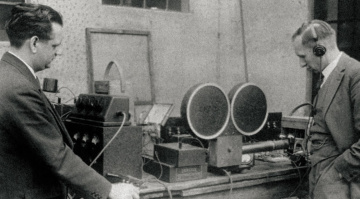
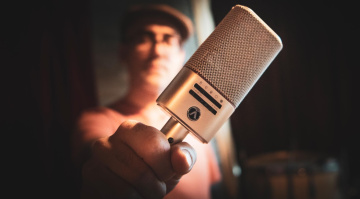
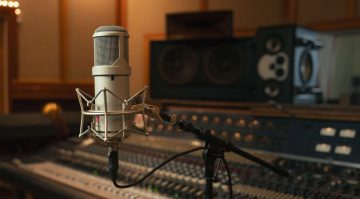
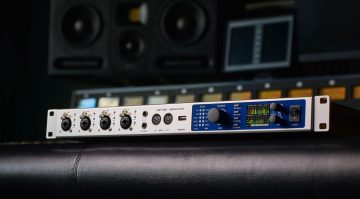

I’m finding M130 much better (vs M160) for drum overheads.
what about the ribbon mics, dog